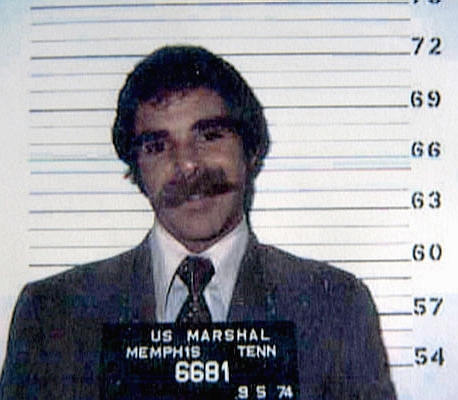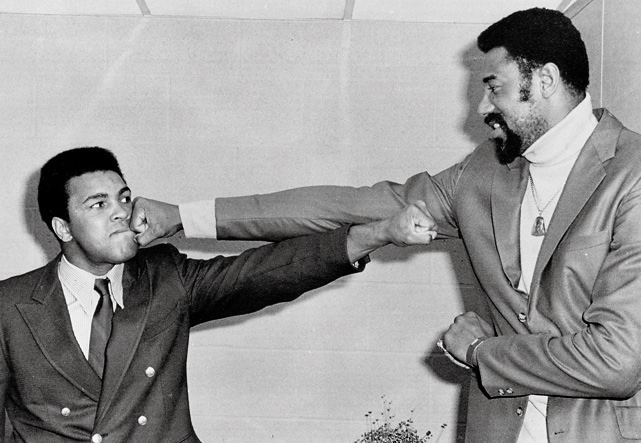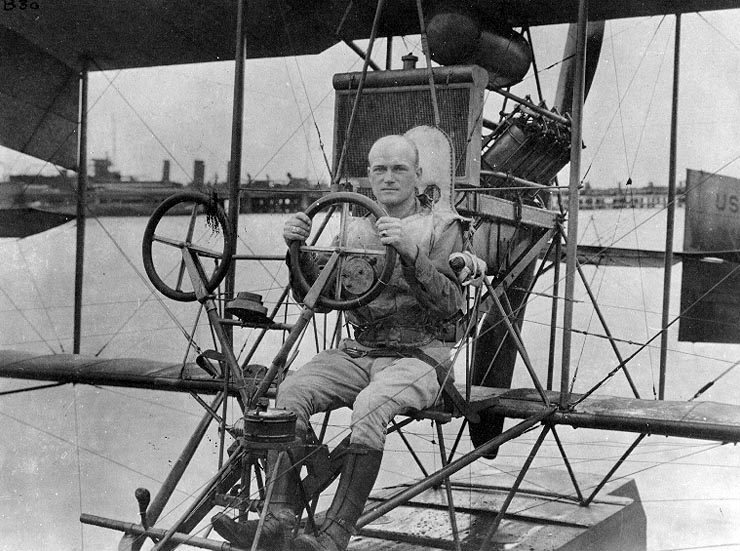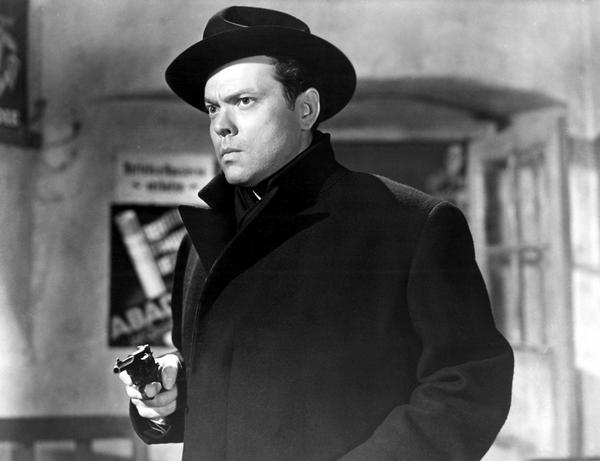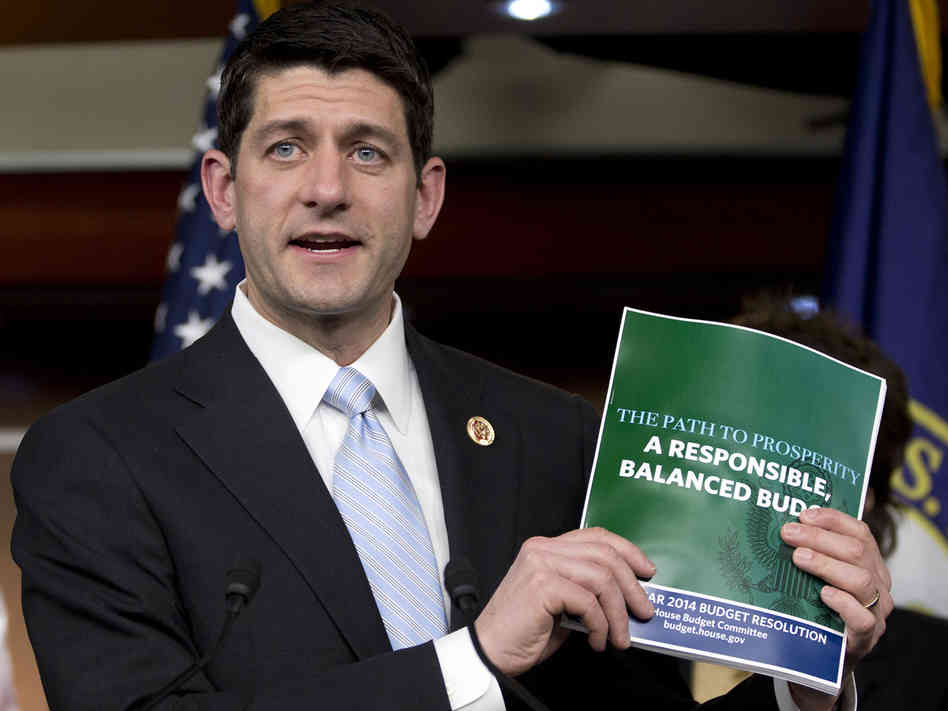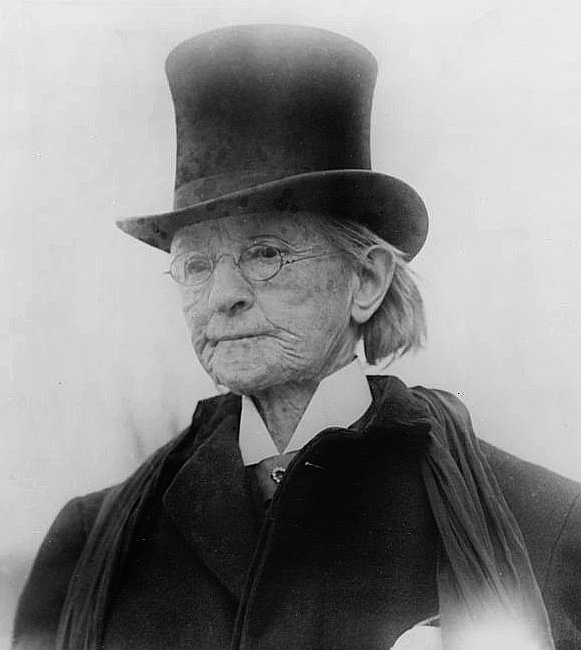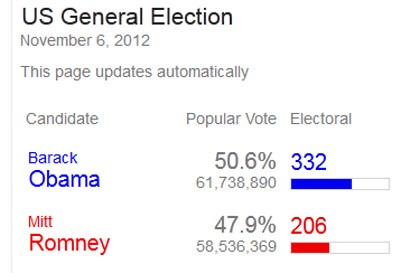
Donald Trump: Could put a casino in the Lincoln bedroom.
The only time Donald Trump seems to tell the truth is in legal depositions when he acknowledges that he may be given to exaggerating just a tiny bit. Otherwise, he inflates everything about himself to match his distended ego. Take, for instance, the ratings of his idiotic TV show. Donald Trump was very happy with the numbers for the premiere episode.
_____________________
Donald J. Trump @realDonaldTrump
@CelebApprentice wins 10-11 o’clock hour in all key ratings demographics, including, most importantly, the 18-49 age group.
Donald J. Trump @realDonaldTrump
Additionally, @CelebApprentice ranked as the #1 program in the 9-11 pm time period with adults in the 25-54 age group.
_____________________
Reality, however, may be slightly at odds with Trump’s accounting. From TV By The Numbers:
‘Celebrity Apprentice’ Returns Down
| Time |
Net |
Show |
18-49 Rating/Share |
Viewers (Millions) |
| 9:00 |
FOX |
Family Guy – R |
1.9/5 |
4.11 |
|
CBS |
The Good Wife |
1.6/4 |
8.94 |
|
NBC |
Celebrity Apprentice (9-11PM) – Season Premiere |
1.6/4 |
5.08 |
|
ABC |
Red Widow (9-11PM) – Series Premiere |
1.4/4 |
6.92 |
| 10:00 |
CBS |
The Mentalist |
1.5/4 |
9.10 |
_____________________
But being trounced by The Good Wife and The Mentalist in key demos can’t get Donald Trump down. He’s excited about putting up one of his tasteful buildings right near the White House. From Conservative Read, that bastion of journalistic excellence:
“A couple of years ago, I saw a major, major state dinner — and it was in tent on the White House lawn. A bad tent. Probably a tent that the guy who owns the tent made a fortune. (He) probably rented it for one night for more than it cost him. I said to myself, ‘Here’s China in a tent.’
I called up the White House, someone I know very well, very high position, and I said, ‘I will offer to build, free of charge, the most beautiful ball room in the country, anywhere. I will do it. It’ll cost anywhere from 50-100 million dollars. You can get the greatest architects. We’ll make it perfectly sympathetic with the White House and the architecture. It’ll be fabulous.’ They said, ‘Thank you very much! What an offer!’ We never heard from them.”
What an amazing building it would be! But Donald Trump still has one problem. He wants to place a fountain out front and he has to work out some details. Perhaps his friend Glenn Beck can help him.

Glenn, it’s Donald Trump. I need to fill my fountain at the White House with some sort of classy, golden liquid. What do you suggest?

How about using my urine, Donald?

Great idea. You start knocking back the Snapple. I need a geyser’s worth.

Classy!

Wow, it looks great. And no one would be stupid enough to drink from the fountain.

Obama doesn’t want me to drink from the new White House fountain, so I’m gonna.

Why does Sarah Palin have such a classy beverage and I don’t? I’m a very important man.

That’s more like it. Cheers.

Oh, no! I just drank Genn Beck’s whiz. I better call my doctor.
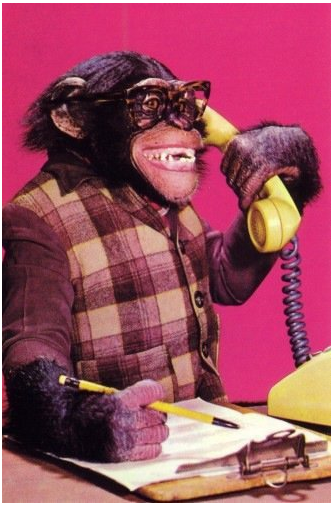
Dr. Morey’s office.

Gloria, It’s Donald Trump. I need to speak to Dr. Morey. It’s an emergency!

Dr. Morey, that horrible man who keeps accidentally drinking urine wants to speak to you.
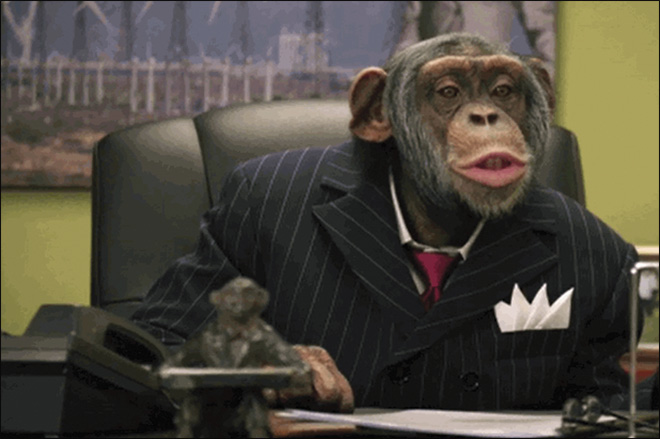
Put Trump through, Gloria.

Am I gonna survive, Doc?

I’ve got good news and bad news, dum-dum.

What’s the bad news?

You’re ugly. Oh, and you’ve got six months to live.

That’s terrible! What’s the good news?

Think of the situation as a business opportunity.

Morey’s right!

Donald Trump Breath Spray. For times when you’re tongue tastes like Glenn Beck’s piss.

Hello, Gloria. I need to speak to Dr. Morey. I accidentally drank urine again.
More recent fake, comedy crap:

